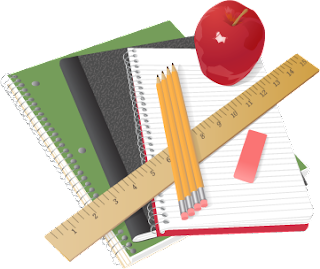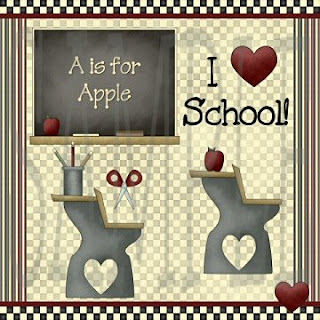The Importance of Planning – This post explains about early planning to finance your college tuition and to prepare yourself (or child) academically for college.
Deciding Where to Go to College – This tells you some basic things to look at when deciding where to go to college, and it tells you about different ways to do your own independent research on schools you’re interested in.
Guide to Fiancial Aid, Part 1 – Basic guide to getting financial aid.
Guide to Financial Aid, Part 2 -Shopping for student loans, Positives & Negatives to getting loans through your school, and My experiences with fiananical aid.
A “Major” Decision – About when & how you should choose your major. What factors should you take into account?
Dorm Room Supply List, Part 1 -School and office supplies, Furniture & other big items
Dorm Room Supply List, Part 2 – Household and every day items, Personal Touch/Decor Items, and personal entertainment items.
Textbook Dollars – Chart for a couple of years ago that explains where your textbook dollars go.
Textbook Q&A – Answers to some basic questions on buying textbooks
Beating the Bookstore – Tips & Strategies to help you saving money on textbooks (and all books for that matter.)
Beating the Bookstore Again – Information on bookstore refunds and buy backs, how to get the most money selling your books.
-Jerri


















